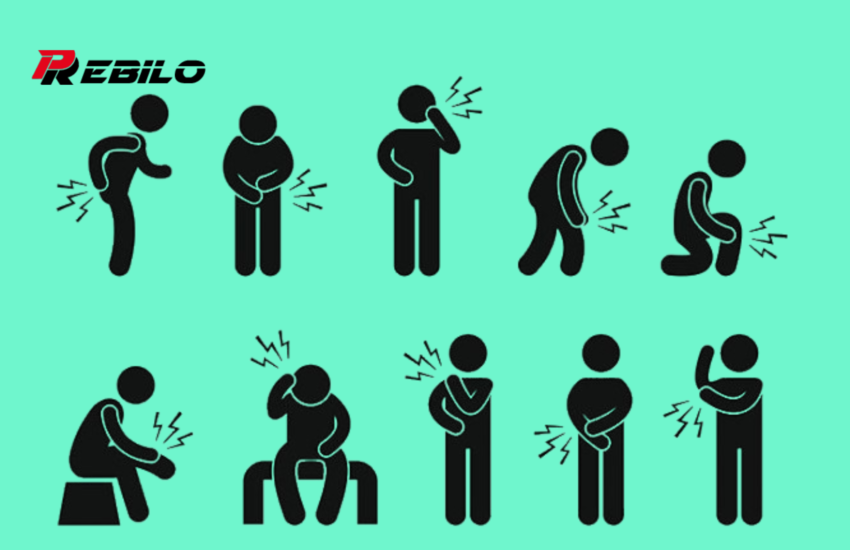20 warning signs that cancer is growing in your body
While it’s important to stay informed about your health, it’s also important to remember that many of the symptoms listed below can be caused by a variety of conditions, not just cancer. If you are experiencing any of these symptoms, it is always best to consult a medical professional for an accurate diagnosis. Here are 20 warning signs that may indicate cancer is growing in your body:
Unexplained weight loss: If you’re losing weight without trying, it could be a sign of several types of cancer, such as pancreatic, stomach, or lung cancer.
Fatigue: Constant and sometimes unexplained fatigue can be an early sign of various types of cancer, including leukemia.
Changes in the skin: New moles, changes in the appearance of existing moles, or changes in skin pigmentation can indicate skin cancer.
Persistent cough or hoarseness: A prolonged cough or changes in your voice may be related to lung or throat cancer.
Difficulty swallowing: Difficulty swallowing can be associated with cancer of the esophagus, throat, or stomach.
Bowel changes: Persistent changes in bowel habits, such as diarrhea, constipation, or blood in the stool, may be signs of colorectal cancer.
Urinary changes: Blood in the urine, frequent urination, pain during urination, or changes in bladder habits could be related to cancer of the bladder, kidney, or prostate.
Breast changes: New lumps, changes in breast size or shape, or nipple discharge can be signs of breast cancer.
Abdominal or pelvic pain: Chronic or severe pain in the abdomen or pelvis may indicate cancer of the ovary, pancreas, or colorectal.
Unexplained pain: General and persistent pain that has no apparent cause should be evaluated by a doctor, as it could be related to bone, brain, or other types of cancer.
Wounds that do not heal: Sores or wounds that do not heal within a reasonable period of time can be related to skin cancer or other types.
Nausea or vomiting: Persistent nausea and vomiting may be related to cancer such as stomach or pancreatic cancer.
Changes in the testicles: Swelling, lumps, or pain in the testicle could indicate testicular cancer.
Blood disorders: Unexplained anemia, clotting problems, or abnormal blood counts may be related to certain cancers, such as leukemia.
Changes in the lymph nodes: Swollen, painless lymph nodes may be a sign that cancer has spread from its original site.
Persistent heartburn or indigestion: Chronic acid reflux or indigestion can be linked to stomach or esophageal cancer.
Persistent headache: Although persistent headaches often have other causes, persistent headaches, especially when accompanied by other symptoms, should be evaluated by a healthcare professional.
Shortness of breath: Shortness of breath or difficulty breathing may be related to lung cancer or cancer that has spread to the lungs.
Mouth changes: Sores, white spots, or other changes in the mouth may indicate oral cancer.
Swelling or lumps: Unexplained swelling or lumps in different parts of the body may be associated with different types of cancer.
Remember that although these symptoms may be worrisome, they don’t always indicate cancer. Many conditions can cause similar symptoms. Regular medical exams and open communication with your healthcare provider are essential for the early detection and effective management of any potential health concerns.


